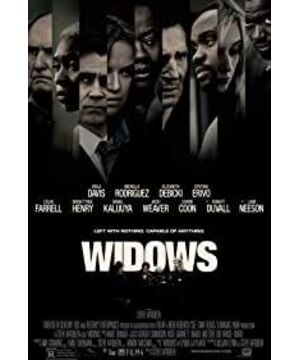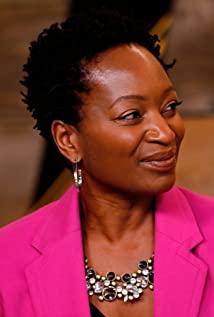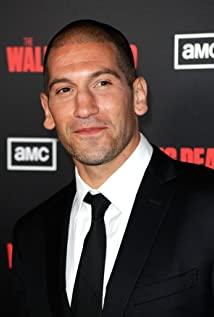Steve McQueen, the blockbuster director at Cannes, made the leap to Hollywood after two independently produced British films, winning the Oscars for his black slave theme. With this trump card, he could have had more opportunities to shoot commercial blockbusters. In this new work, he still can't give up his preference for serious subjects. He wanted to shoot racial and socio-political issues, and praised widowed independent women, all of which were not a problem. The key was that he failed to coordinate the surface and inner rhythm of this narrative text. On the one hand, there are gripping criminal robbery-type bridges, and on the other hand, there are slow and contemplative female characters' inner portrayals from time to time, not to mention, there are many passages about black culture and black self-deprecating, which have the absurdity of the Coen brothers. The humorous section instead dilutes the appeal of the other two clues.
The script tried hard to grasp the key points in multiple compelling genre frameworks, but encountered the embarrassment of being stretched and unable to take into account all of them, which ultimately reduced the viewing and inspiration of the film. The two key robbery scenes at the beginning and the end add up to less than ten minutes, and the pattern and momentum are difficult to reach the qualifying line of this type of film; on the other end of the praise of feminism, due to the uneven distribution of the female characters, the roles failed. Completely shaping the fullness, coupled with the scattered narrative point of view, it is a regret that it ended without a success.
View more about Widows reviews











